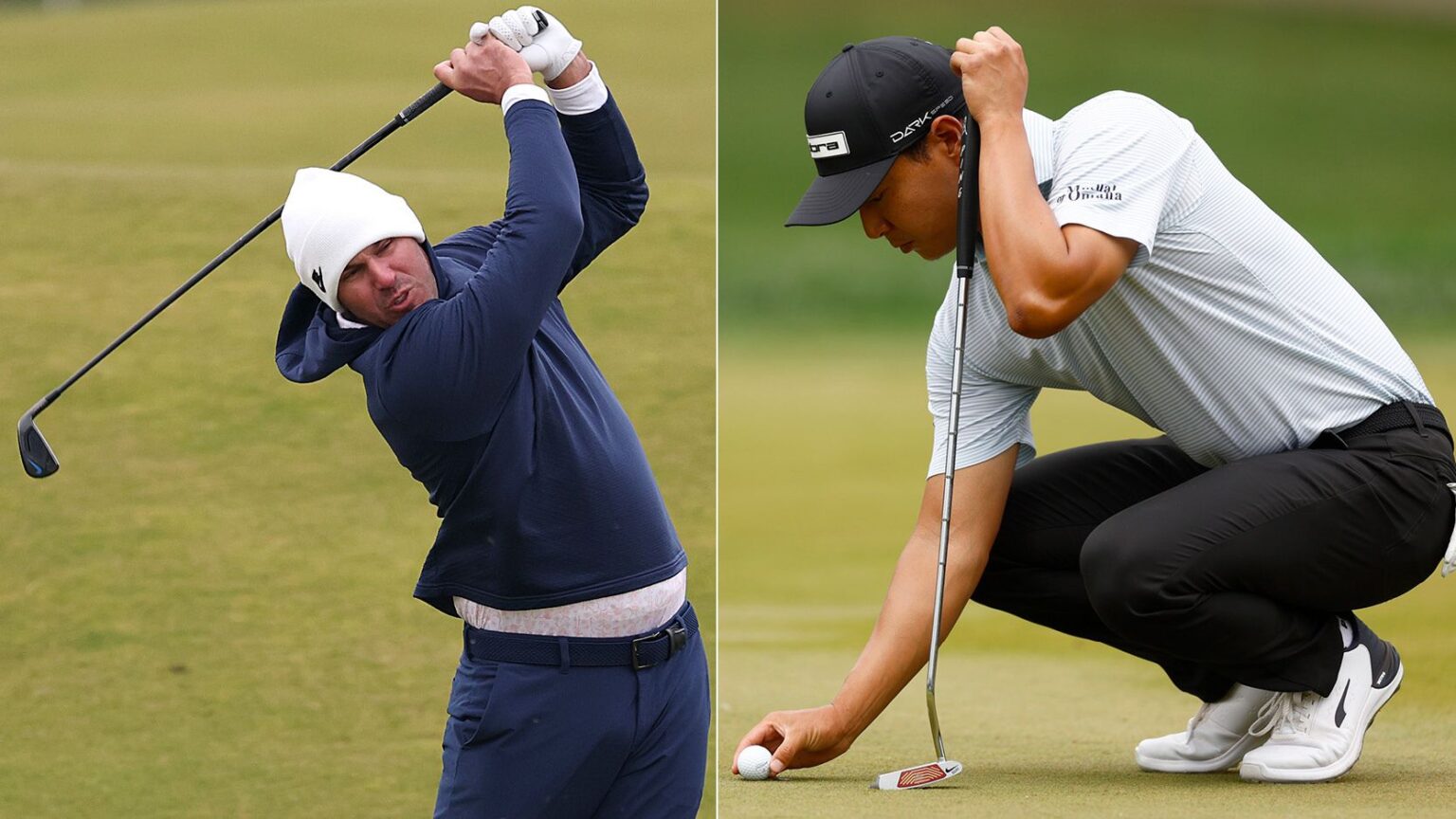The Legacy of Nike Golf Clubs in the Professional Circuit
Nike, a titan in the sports industry, made headlines in 2016 when it announced the cessation of its golf equipment production. Despite this decision, the legacy of Nike golf clubs continues to resonate within professional circuits. With athletes still sporting Nike gear on the greens, the brand’s influence on golf remains significant, warranting a closer examination.
The Rise and Fall of Nike Golf
Nike entered the golf scene in the mid-1990s, quickly establishing itself as a formidable player. The company attracted top talents and developed innovative equipment, making a lasting impression on the sport. However, in 2016, amidst shifting consumer preferences and a decline in golf participation, Nike decided to exit the golf equipment market. Despite halting production, the brand left behind clubs that still showcase quality performance in tournaments worldwide.
Nike’s Professional Partnerships
Even after the company ceased making golf clubs, Nike maintained its presence on the professional circuit through partnerships with notable athletes. Golf legends like Tiger Woods and Rory McIlroy showcased the brand’s legacy, helping Nike maintain relevance in the game. Their endorsement not only solidified Nike’s status in golf but also created a lasting compatibility between elite athletes and the brand’s high-performance gear.
The Enduring Popularity of Nike Clubs
Though new Nike clubs are no longer being manufactured, a select range remains highly sought after by golf enthusiasts and professionals alike. Models such as the Nike VR Pro and the Vapor series continue to be used by some pro golfers, proving their durability and effectiveness. The brand’s commitment to quality allowed these products to stand the test of time, often finding their way into the bags of rising stars on the amateur circuit.
Technological Innovations in Nike Golf Clubs
Nike was known for its innovation in golf technology, applying cutting-edge research to develop clubs that enhanced performance. Features like the FlyBead technology and adjustable weighting systems were revolutionary, giving golfers the ability to customize their clubs to fine-tune their game. As the golf industry continues to evolve, the introduction of these technologies has paved the way for new products, even if they are not directly associated with Nike.
Collectibility and Resale Value
The discontinuation of Nike’s golf club production has made their products highly collectible. Golfers often seek used Nike clubs as they look for reliable equipment that offers excellent performance. This demand has resulted in a robust resale market, where classic models command high prices. Collectors often prize limited-edition clubs, showcasing the enduring legacy of the Nike brand in the golf world.
The Influence on Youth Golf Programs
Despite Nike’s withdrawal from producing golf clubs, the brand’s legacy influences youth programs across the globe. Many young golfers aspire to emulate their favorite stars who have associations with Nike, fostering interest in the game. The connection between high-profile athletes and Nike’s athletic apparel encourages youth participation in golf, inadvertently sustaining the growth of the sport.
Sustainability and Future Perspectives
Modeled on its commitment to sustainability, Nike’s decision to exit club production aligns with a growing trend of responsible consumerism in the sports industry. As interest in eco-friendly practices increases, former Nike clubs embody the sustainable spirit in golf gear. This shows that the innovative spirit can have a lasting legacy even without continual production.
Transitioning to New Brands
With Nike stepping back, golfers are faced with the challenge of finding suitable alternatives. Many are exploring other brands that offer quality equipment and innovative designs. The transition allows players to experiment with different clubs, potentially leading to new favorites. While nostalgia for Nike’s clubs remains strong, the fresh perspectives brought by emerging brands invigorate the market.
Conclusion: A Lasting Impact
Although Nike no longer manufactures golf clubs, its impact on the sport is undeniable. The blend of innovation, endorsement, and collectibility ensures that Nike remains a relevant conversation in golf circles. As the sport continues to grow and evolve, the legacy of Nike golf clubs will likely endear them to future generations, confirming that great equipment never truly fades away from the fairways.
